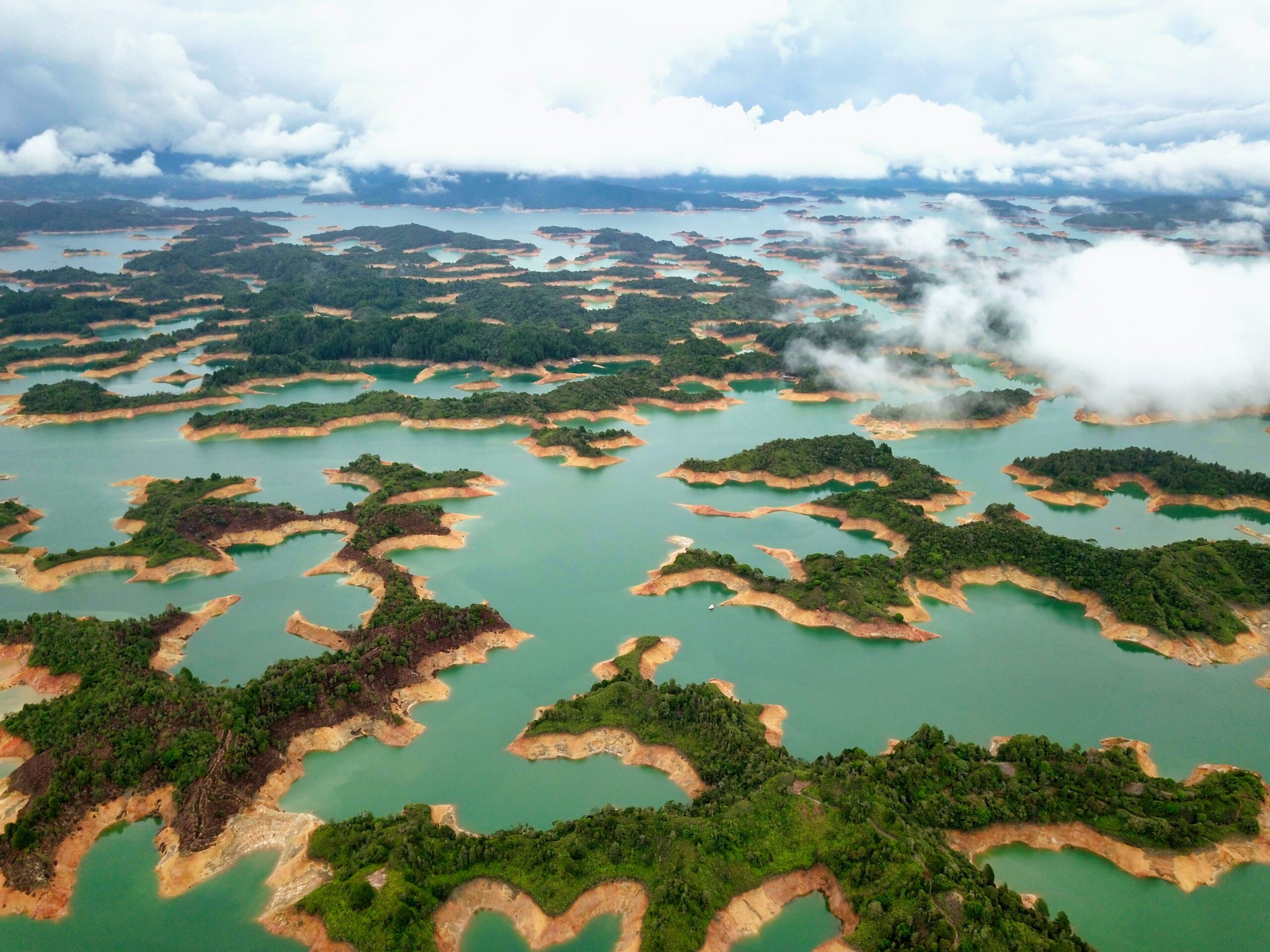
This press release was originally published on WWF.
“WWF’s new study and online tool – RESPOND (Resilient and Sustainable Portfolios that Protect Nature and Drive Decarbonisation) – provides asset managers with a means to move beyond current market practices to improve portfolio resilience and alignment with a low carbon and sustainable future, through science-based approaches to responsible investment (RI).
The findings of the study, which analyses the publicly disclosed responsible investment approaches of 22 ESG-leader[1] asset managers operating in Asia, show that important first steps have been taken to address climate-related risks. However, asset managers now need to complement their RI approaches by also focusing on other threats from natural capital loss, including water risk, deforestation, biodiversity loss and ocean degradation, and by making greater reference to science-based criteria when addressing sustainability issues in their investment portfolios. Such action will be crucial for achieving the Paris Agreement and Sustainable Development Goals, as humanity edges closer to key tipping points in Earth’s natural systems and the risks that the climate emergency and natural capital degradation pose to financial stability become ever clearer.
Asia at greater risk
Asia is particularly at risk, with many of the region’s economies founded on industries like manufacturing, fisheries and agriculture. All of these depend on healthily functioning natural capital and are highly exposed to climate change. The ADB has warned that unabated warming could undermine the significant socio-economic development the region has achieved, and has emphasized that climate change could have “severe effects on livelihoods which in turn would affect human health, migration dynamics and the potential for conflicts.” For asset managers, greater consideration of climate and natural capital risks when investing, and engaging with unsustainable businesses in Asia, will be key to ensuring more resilient and sustainable Asian investment portfolios.
“The continued loss of our biodiversity and natural capital, alongside the crisis of climate change, severely threatens our collective survival. By supporting portfolio companies with time-bound and science-based expectations to address natural capital issues and by engaging them as shareholders, asset managers can help transform Asia’s economies into ones that ensure socioeconomic wellbeing while protecting and restoring natural capital. In doing so, they can demonstrate to asset owners their ability to improve long-term sustainability and portfolio resilience.” said Jeanne Stampe, WWF’s Head of Asia Sustainable Finance.
Based on WWF’s best practice responsible investment framework, the RESPOND online tool showcases how 22 asset managers approach responsible investment across six pillars: purpose, policies, processes, people, products, and portfolio. RESPOND empowers asset managers to enhance their responsible investment capabilities, encouraging a race to the top in the industry.
The tool will be of particular interest to asset owners, who can use its insights to engage asset managers. Keiichi Nakajima, General Manager of MS&AD Insurance Group, said, “WWF’s RESPOND tool and framework offer useful reference points for comparing asset managers on their approaches to responsible investment and climate change. We believe RESPOND will help us to engage with asset managers, and that asset managers will use it to identify areas for improvement. We expect all the asset managers in the region will play key roles in sustainable finance by adapting best practices through RESPOND.”
Key findings
The findings show that the 22 asset managers currently deploy a wide array of approaches to integrate sustainability, and in particular climate change, into their investment processes. As shown in the summary graph (see figure in Annex), the 22 asset managers’ overall strong performance on the ‘Purpose’, ‘Process’ and ‘Products’ pillars of WWF’s responsible investment framework reflects how efforts so far to integrate climate change and sustainability into their businesses have focused on commitments, procedural innovation, and product development. In this way, they set the pace among asset managers competing for mandates from asset owners with increasingly ambitious climate strategies.
However, to cement their status as industry leaders, they will need to complement their progress to date with additional efforts on the ‘Policies’, ‘People’, and ‘Portfolio’ pillars. Addressing sub-indicators under ‘Policies’ in particular will be critical to ensure their efforts and commitments translate into real change in their investee companies. Here is where they can leverage their leadership and push the boundaries of responsible investment, especially in Asia, even further – on climate change, but also on wider issues like accelerating nature loss and ecosystem collapse. For example, of the 22 asset managers in the study:
- 100% publicly recognize the long-term risks that climate change poses and support the TCFD recommendations, but just 36% have or will set targets to align their portfolios with a 1.5°C climate target.
- 90% consider water risk as a part of their investment decision making processes, but only 18% expect companies to practice water stewardship.
- 82% consider issues like deforestation and biodiversity loss when making investment decisions, but only 36% expect investee companies to obtain or support relevant sustainability standards that safeguard against these risks.
- Just 14% state that ocean sustainability is incorporated into investment decision-making, and none expect investee companies to obtain or support relevant sustainability standards to safeguard against these risks.
Based on the above and other key findings, it is evident that even the asset management sector’s leading lights on RI must build on their commitments to address issues like climate change. They can do this by taking a more systematic and science-based approach to integrating natural capital risks into investment decisions, which must involve setting portfolio-level targets on sustainability that are forward-looking, science-based, and time-bound.
Brian Rice, Portfolio Manager at CalSTRS, said “We expect our external asset managers to be integrating ESG analysis into investment decision-making. Included in this analysis is addressing natural capital risk exposure. WWF’s recently launched RESPOND framework and tool provide new perspectives into natural capital risk that can be used to help inform asset managers’ decision making.”
The findings highlight the urgency with which other asset managers, especially those investing in Asia, must enhance their RI capabilities in order to position themselves competitively. To remain eligible for mandates and meet stakeholder expectations, it will also be essential for asset managers to enhance the transparency of their reporting…”
Read on at: WWF.












